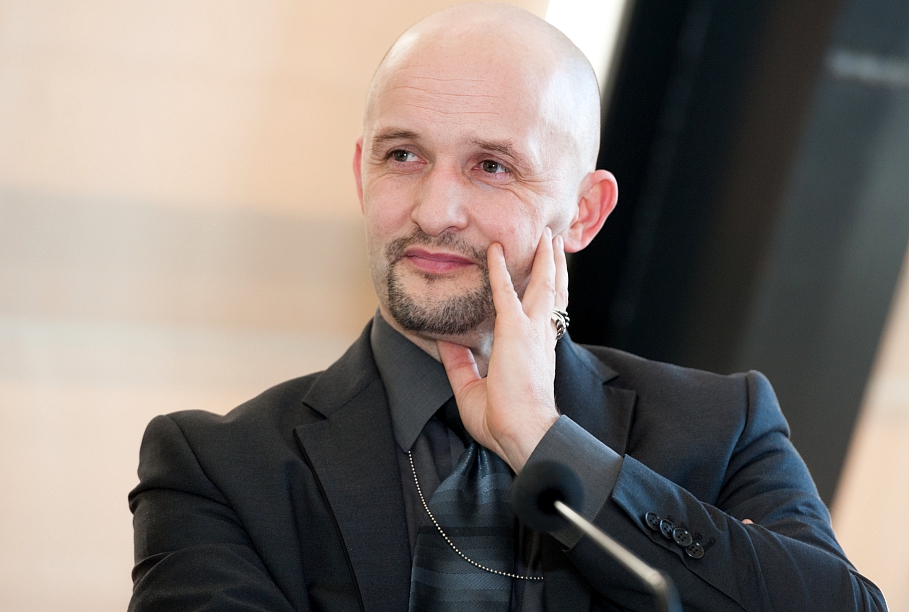Generally, the view of admitting refugees into society has given way to fear of the alien and the unknown, said Sārts, admitting though that it's a simplified view as a number of other viewpoints are possible.
However, the harm refugees can do is grossly exaggerated, especially when looking at information in social media. Social media posts usually concentrate on the emotional aspect, aiming to scare people, though this is not based on reality.
"We have a hypothesis that there is a noticeable, coordinated strategy [of influencing the information flow] - we have started comparing the situation in Lithuania, Latvia and Finland, and there are many parallels," said Sārts.
He added that he currently has no information about the possible perpetrators of these disruptions.
"But it is obvious that this information is splitting society, and it is splitting Europe," he said, adding that the StratCom center is working on identifying the sources, which perhaps come from a single place.
He outlined parallels about the means of how this information is distributed, saying that the sources are often the same that spread messages of anti-Ukrainian sentiment during the conflict between Russia and Ukraine.
Sārts said that, generally, although trolls can have an emotional effect, they cannot change people's views.





























